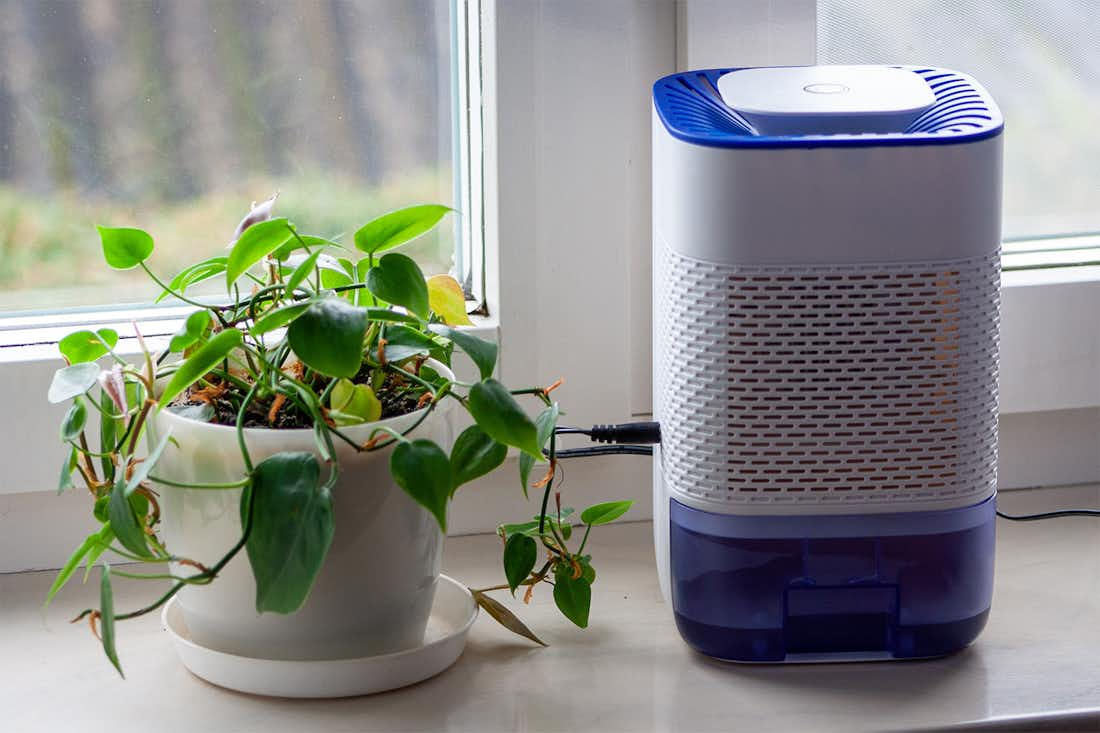Oct 25, 2023
9 Ways to Avoid Asthma Attacks During Cold Weather
3 minute read
As the temperature drops and winter sets in, you may notice your asthma worsening. Cold weather (specifically the inhalation of cold air) can trigger asthma symptoms and potentially lead to severe asthma attacks.
Understanding how to navigate these triggers and taking proactive steps to protect your respiratory health is crucial. Here are some effective strategies to avoid asthma attacks during cold weather conditions, so you won’t have to be stuck inside for all of winter.
Bundle Up
One of the best things you can do to defend yourself from the cold is dressing appropriately for the frosty season. Layer your clothing by wearing scarves or masks to cover the nose and mouth. Opt for warm, breathable materials that can create a protective barrier against the cold air.
These simple adjustments can shield your nose and throat from cold air so it doesn’t reach your lungs – reducing the likelihood of triggering an asthma attack.
Optimize Indoor Air Quality
During the winter months, spending more time indoors is common. Ensuring good indoor air quality is essential for those with asthma. Cold weather prompts you to seal your home tightly to maintain a cozy temperature, but that can trap indoor air pollutants and exacerbate asthma symptoms. For optimal indoor air quality, follow these tips:
- Regularly clean and dust your living space to minimize allergens and irritants
- Use air purifiers with HEPA filters to remove airborne pollutants
- Keep humidity levels in check to prevent the growth of mold and mildew
- Avoid smoking or exposure to secondhand smoke
Stay Hydrated
It’s a fair assumption to think that you can’t get dehydrated in the winter, but surprisingly enough, you can! The winter air is dry and lacks moisture, so it’s easy to get dehydrated and not notice. Just because you’re not sweating, doesn’t mean you’re not losing fluids.
So while you may not notice your dehydration in the winter like you would on a hot summer day, it’s still important to consistently drink water.
Dehydration can potentially trigger asthma symptoms. Be sure to consume an adequate amount of fluids throughout the day to maintain optimal hydration. Water, hot herbal teas, and warm soups can help keep you hydrated and soothe your respiratory system.
Warm Up Before Heading Outside
Engaging in warm-up exercises before heading outdoors can help prepare your lungs for the cold air. Gentle aerobic activities – such as walking or light jogging indoors – can gradually acclimate your lungs to the change in temperature.
The warm-up routine should last approximately 10-15 minutes to optimize its effectiveness. This simple yet effective practice can significantly reduce the risk of experiencing asthma symptoms when venturing outside.
Monitor Weather and Air Quality
It’s also important to check the air quality before going outside. Stay informed about weather forecasts and air quality levels to make educated decisions regarding your outdoor activities.
Extremely cold and windy conditions can worsen asthma symptoms – so it might be wise to limit your time outside on those days.
There are online resources – such as PurpleAir or the weather app on your smartphone – that provide real-time updates on air quality in your area. Avoid outdoor activities when air pollution levels are high, as these can significantly impact your respiratory health.
Find Asthma-Friendly Exercise Options
Just because it's cold outside doesn't mean you have to abandon exercise altogether. Look for indoor activities that promote cardiovascular health while minimizing exposure to cold air and potential triggers.
Options like swimming in indoor pools, practicing yoga, or joining indoor fitness classes held in temperature-controlled environments can help you stay active – without compromising your respiratory well-being.
Get Your Flu Shot
Winter also means flu season. This respiratory infection can worsen asthma symptoms and increase the risk of asthma attacks. Protect yourself by getting a flu vaccination annually. Consult with your healthcare provider to determine if the flu shot is appropriate for you and when to receive it.
Manage Your Medication
Consistent and appropriate use of asthma medications is vital in mitigating the impact of cold weather on respiratory health. Ask your healthcare provider to review your medication regimen and ensure it is suitable for the winter season.
Asthma medications may need adjustments to address the potential increase in symptoms during cold weather. Be sure to always carry your inhaler and necessary medications with you to have quick access in case of an asthma attack.
Have an Asthma Action Plan
Creating a comprehensive asthma action plan in place is key year-round, but particularly during the cold weather.
Cleared by LifeMD can connect you with a healthcare provider that’ll help you develop an asthma action plan that outlines specific steps to take in the event of an asthma attack or worsening symptoms. It should include information on medication usage, emergency contact numbers, and triggers to avoid.
Familiarize yourself with this plan and share it with your family, friends, and colleagues to ensure they are aware of how to provide support during an asthma-related emergency.
Don’t let the cold air stop you this winter. Make an online appointment today.
Authors

Dr. Payel Gupta
Medically reviewed by Dr. Payel Gupta



